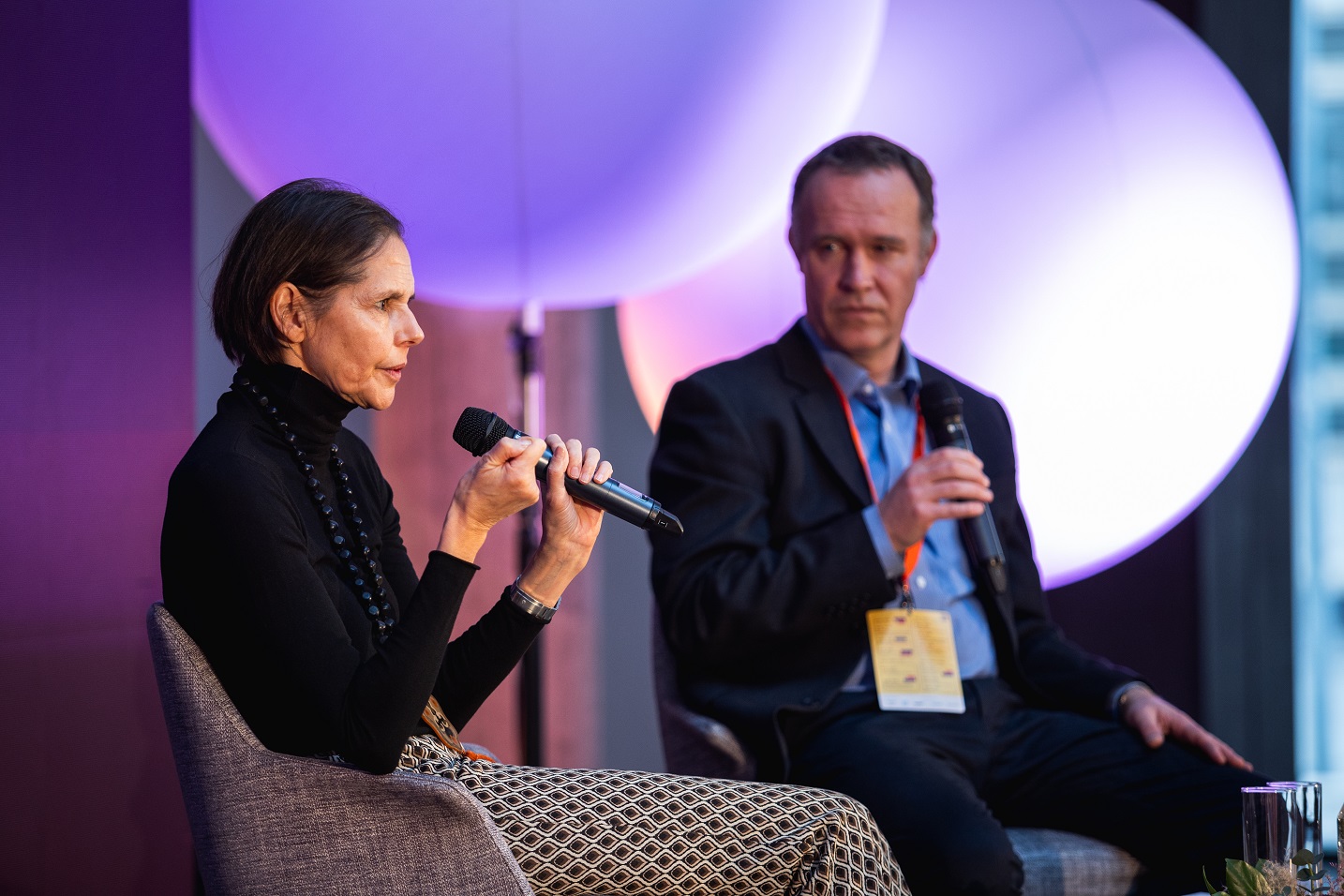Collective process increases likelihood of success, writes Johanna Mair

Quick pathways to impactful solutions are rare. Forming coalitions and prioritising collaboration over individual action can slow the implementation of social innovation. However, a collective process increases the likelihood of an innovation’s success in the long run.
In an article on social innovation, Johanna Mair and Thomas Gegenhuber provide insights into the tools we can use to arrive at solutions to social problems. Here, we summarise the main ideas of the article and provide an insight into the work of one of the keynote speakers at the Impact Summit.
The watershed events of the time, such as COVID-19, have further highlighted the issues we need to address as a society. We live in a time when we cannot rely solely on the heroic feats of individuals, the state, civil society or business as independent agents of change.
Rather, we need to co-create proposals for solutions to problems, supported by digital technologies. Johanna Mair and Thomas Gegenhuber call such collaboration Open Social Innovation (OSI).
OSI has two main features. The first is that potential solutions to societal problems exist, but are unevenly distributed among citizens. One problem may concern one group but not another social group. The second assumption is that the journey from idea to impact requires interactions that are collaborative and competitive.
An example of OSI is the WirVsVirus (Us versus Virus) initiative in Germany. The initiative responded to the challenges associated with COVID-19 – e.g. providing healthcare online, teaching during lockdown, etc. It was a 48-hour hackathon involving 28 thousand citizens. They formed a total of 130 teams and the most viable solutions also received financial and mentoring support for 6 months.
Another example is the UpdateDeutschland initiative. Launched in April 2021, the experiment was designed to encourage citizens to express themselves and thus work together on challenges to improve the public sector in Germany.
In terms of format, other initiatives besides hackathons can also take place, such as innovation competitions or open data hackathons. What they have in common is that they create a space for people who are not usually heard to get involved.
Open Social Innovation enables them to participate in political, public or civic life, building trust between the public and civil sectors.
Read the original article here: Mair, J., & Gegenhuber, T. (2021). Open Social Innovation.Stanford Social Innovation Review, 19(4), 26-33.